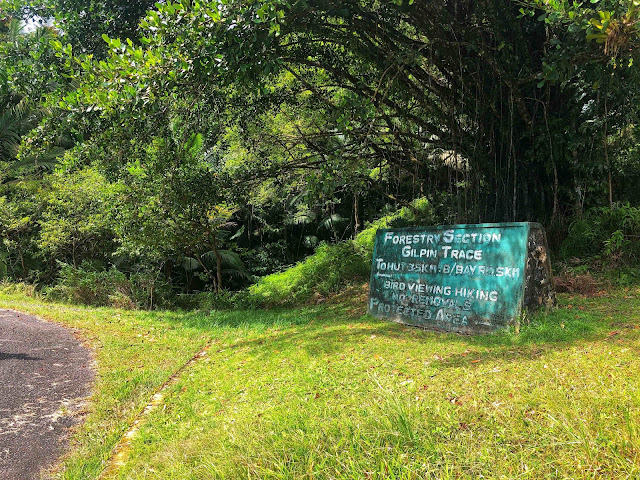The Conscientious Hiker

As we explore our islands’ natural spaces, Anjani Ganase poses a challenge to all explorers, groups and families, and individuals who hike. When visiting natural spaces, it is essential to understand that we are visiting the homes of wildlife, the plants, animals, insects and microbial communities that occur in a stable cohesion. Furthermore, natural spaces are beneficial to us through the provision of healthy food resources and waterways, as well as benefits to our mental and physical health. Therefore, caring for natural spaces means minimising the presence of human influence and impact as much as possible. This sounds simple enough, yet there are many ways in which we unknowingly leave our mark. Hiking and trekking have become increasingly popular in Trinidad and Tobago, especially after the COVID pandemic that encouraged citizens to explore and appreciate their native beauty. However, with the growing popularity, we must consciously monitor any degradat...


